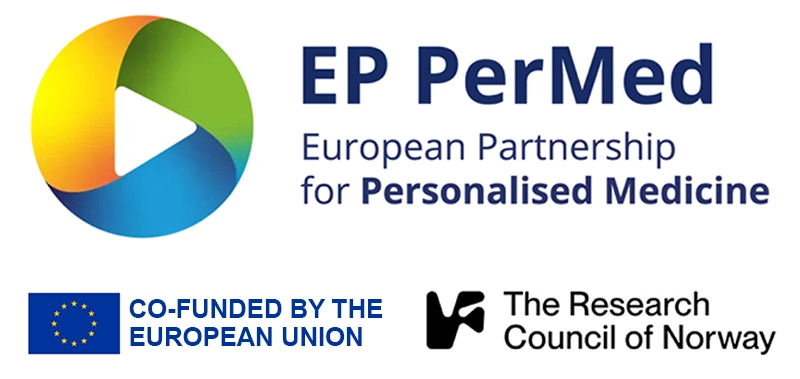Targeting Transcription Factor Dynamics for Personalized Therapy in Ovarian Cancer
Targeting Transcription Factor Dynamics for Personalized Therapy in Ovarian Cancer
High-grade serous carcinoma (HGSC) is the most common ovarian cancer subtype. Majority of the HGSC patients experience disease recurrence and treatment resistance, leading to a poor five-year survival of <40%. We and others have shown that there are surprisingly few genomic events that drive poor response to chemotherapies, suggesting the importance of dynamic epigenetic alterations for the disease outcome.
DYNAMITE is based on a hypothesis that distinct cellular states controlled by specific transcription factors (TF) underlie the development of chemoresistance in ovarian cancer. The goal is to identify effective personalized medicine targets by dissecting the mechanistic role of defined TFs in HGSC chemoresistance and to validate the targets in a pre-clinical setting with patient-derived organoids.

Gene regulatory networks govern ovarian cancer chemoresistance

Single-cell epigenomics from tumors and organoids

Precision medicine targets for relapsed ovarian cancer patients
Exciting research is underway! Check back soon for our latest publications, shared here and on PubMed.
DYNAMITE is funded by the European Partnership for Personalised Medicine and co-funded by the European Union and the Research Council of Norway.
